Introducing young learners to music can be an enriching experience that fosters creativity, discipline, and confidence. Music lessons for beginners are an ideal way to ignite a lifelong love for music. Whether it’s the gentle melodies of the piano or the expressive sounds of the violin, both instruments offer an excellent foundation for young musicians.
Why Start with Music Lessons for Beginners?
Starting early with structured beginner music education provides several benefits for children. It enhances their cognitive abilities, improves fine motor skills, and encourages emotional expression. By choosing either piano or violin, young learners can build a solid understanding of musical concepts while developing their technical skills.
The Benefits of Learning Piano
Why Choose Piano?
The piano is a versatile instrument that serves as a gateway to understanding music theory. Its layout is straightforward, making it accessible for beginners. Enrolling in piano classes gives students the opportunity to:
- Learn to read sheet music.
- Develop hand-eye coordination.
- Build a strong sense of rhythm and timing.
- Explore a wide range of musical genres.
What to Expect in Piano Classes
In beginner piano classes, students typically start with simple melodies and gradually progress to more complex pieces. They learn the fundamentals, such as:
- Proper posture and hand positioning.
- Reading musical notes and symbols.
- Basic scales and chords.
- Playing with both hands independently.
By mastering these basics, young musicians can confidently move on to advanced techniques.
The Joy of Violin Lessons for Kids
Why Choose the Violin?
The violin is a beautiful and expressive instrument that challenges students in unique ways. For children interested in a dynamic musical journey, violin lessons for kids are an excellent choice. Benefits include:
- Developing precise finger placement and bowing techniques.
- Improving listening skills and pitch recognition.
- Fostering discipline through regular practice.
- Participating in orchestras and ensembles for collaborative learning.
What Happens in Violin Lessons for Kids?
Beginner violin lessons focus on essential skills to set a strong foundation. Lessons often include:
- Learning how to hold the violin and bow correctly.
- Playing open strings and simple tunes.
- Understanding basic musical notation.
- Gradually advancing to scales and simple songs.
With consistent practice and guidance, children can quickly build confidence and enjoy playing music.
Choosing the Right Instrument for Your Child
Factors to Consider
When deciding between piano and violin for your child, consider:
- Personal Interest: Which instrument excites your child more?
- Physical Readiness: Is your child comfortable with the posture and movements required for the instrument?
- Space and Budget: Do you have room for a piano, or would a violin be more practical?
- Future Goals: Does your child want to play solo or in a group setting?
Encouraging your child to try both instruments can help them make an informed decision based on their preferences.
The Importance of a Structured Beginner Music Education
Structured lessons ensure that young learners develop their skills in a systematic way. Professional instructors guide students through each step, helping them avoid bad habits and fostering a positive learning environment.
What Makes a Good Music Program?
Look for programs that offer:
- Experienced and patient instructors.
- A balanced curriculum that combines theory and practice.
- Opportunities for performances to build confidence.
- Flexibility to suit your child’s learning pace and interests.
A well-rounded program ensures that children enjoy their journey while making steady progress.
Tips for Parents Supporting Young Musicians
Create a Positive Environment
Encourage your child by:
- Setting aside a dedicated practice space.
- Being patient and celebrating small achievements.
- Avoiding pressure and making lessons fun.
Practice Makes Perfect
Consistency is key. Help your child establish a practice routine by:
- Scheduling short, regular practice sessions.
- Breaking down complex tasks into manageable steps.
- Using rewards and positive reinforcement.
Frequently Asked Questions
At What Age Should My Child Start Music Lessons for Beginners?
Children as young as 4 or 5 can start learning music. However, readiness varies depending on the child’s attention span and interest.
How Do I Choose Between Piano Classes and Violin Lessons for Kids?
Consider your child’s preferences, physical readiness, and long-term goals. Trial lessons can also help in making a decision.
How Long Does It Take to See Progress?
Most children show noticeable progress within a few months of consistent practice and lessons.
Can My Child Learn Both Instruments?
Yes, learning both instruments is possible, especially if your child is highly motivated and enjoys the process.
What Should I Look for in a Music Teacher?
Choose a teacher who has experience working with children, a patient approach, and a structured lesson plan tailored to beginners.
Conclusion
Introducing your child to music lessons for beginners is an investment in their personal growth and creativity. Whether through piano classes or violin lessons for kids, young musicians gain valuable skills that go beyond music. By choosing a structured program and supporting your child’s journey, you set them on the path to a rewarding and lifelong passion for music. Encourage them to explore, practice, and enjoy the magical world of music.
